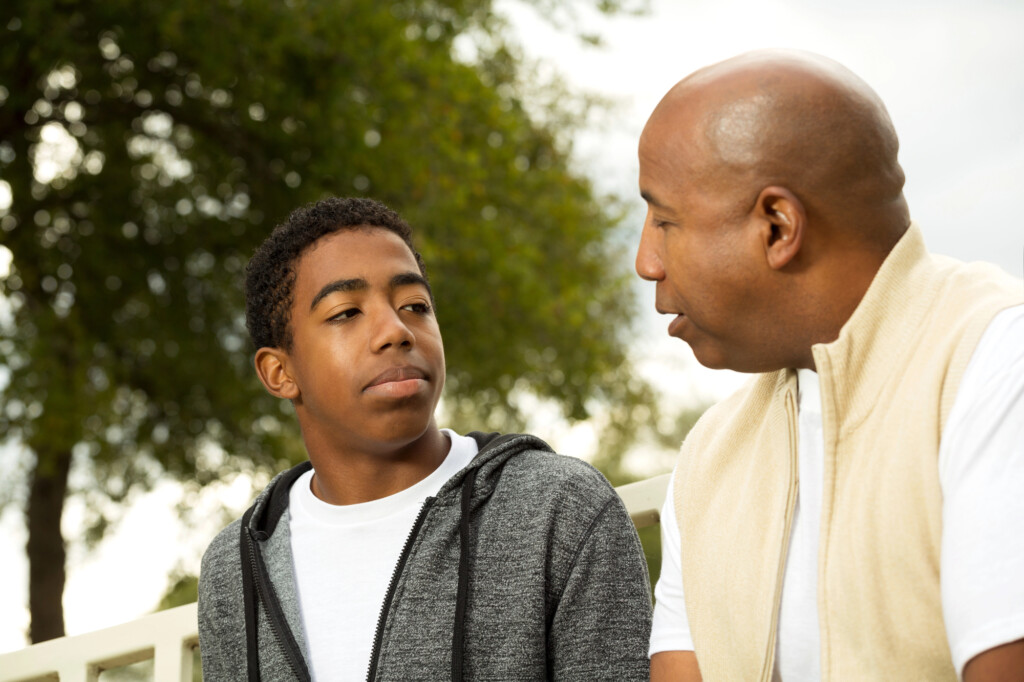When George Floyd‘s murder was broadcasted worldwide, it forced many to confront the stark realities of police brutality. The footage of Officer Derek Chauvin‘s actions showcased a grievous loss: a father taken from his daughter, and a son from his mother. For the Black community, this was not just another news story but a repeated narrative of injustice. The nationwide outcry led to demands for greater police transparency and accountability, notably through advocacy for The George Floyd Justice in Policing Act. Despite the bill not passing the Senate, community leaders remain dedicated to the ongoing struggle for justice, refusing to let the momentum fade.
Derrick Jakolby Washington, also known as “Uncle Kolby,” is at the forefront of driving societal change. A best-selling children’s book author with a background in Human and Social Services, Washington channels his efforts into uplifting young Black and Brown boys. His debut book, Son, You Matter!, released in 2020 amidst the George Floyd protests, serves as a vital resource for parents, teachers, and community leaders. It facilitates important conversations about race, policing, and self-esteem. Through his writings, Washington not only addresses the injustices faced by communities of color but also reinforces to young readers their inherent value and significance.

Here are seven strategies Derrick Jakolby Washington suggests for fathers to discuss police brutality and injustices with their sons.
1. Keep It Real and Relatable
Kids need to feel like they can relate to what you’re saying. Speaking in real terms makes the conversation genuine and understandable. When kids see that you’re not glossing over or sugar-coating things, they’re more likely to trust you and open up about their own feelings.
You can start the conversation by saying, “I know this stuff is hard to talk about, but it’s important.” Share your own experiences with discrimination or how you felt during big events like the George Floyd protests. Make it a two-way street by letting your son share his feelings and thoughts, no matter how raw.
2. Tell Your Own Story
Personal stories hit home. They make the issues real and show that these aren’t just distant problems. Kids understand complex issues better when they hear how they’ve impacted someone they know and love. You can start by sharing a story from your own life or from someone in your family who dealt with injustice. Say something like, “When I was your age, this happened to me…” This helps your son see that he’s not alone in this struggle and that you truly understand.
3. Break Down the History
Knowing the history gives context to today’s issues and shows that this fight has been going on for a long time. It helps kids understand that what they’re seeing now is part of a bigger picture and ongoing struggle for equality. Talk about key moments in Black history, like the Civil Rights Movement, and relate them to what’s happening now. Use examples like, “Just like how Dr. King and other leaders fought for our rights, people today are still fighting for equality.” Keep it simple but powerful.
4. Shine a Light on Black Heroes
Positive role models inspire kids and show them they can make a difference too. When children see others who look like them achieving great things, it boosts their confidence and aspirations.
Highlight people like John Lewis, Malcolm X, or even local community activists. Saying things like, “Look at what they did. You can be a hero in your own way too” can give your son something to aspire to and a sense of pride in his heritage.
5. Keep the Conversation Going
Ongoing dialogue shows that it’s okay to talk about tough issues anytime, not just during big events. Continuous conversations help normalize these discussions and make them a regular part of your relationship. With the prevalence of social media, kids can be exposed to these injustices and brutality daily. Make it a habit to check in with your son about what he’s seeing and feeling. Ask questions like, “What do you think about what’s going on?” Listen and discuss his views regularly, making sure he knows his voice matters.
6. Get Active Together
Taking action shows your son that he can contribute to change and empowers him to be proactive. Participating in community initiatives builds a sense of agency and teaches the value of collective effort. Participate in community events, peaceful protests, or volunteer for causes together. Explain why these actions are important and show him that activism is part of everyday life.
7. Use the Right Tools
Using age-appropriate resources makes the topic accessible and less intimidating for your son. These tools can help break down complex issues into understandable and relatable content for children. Find books such as Son, You Matter!, videos, or podcasts that explain social justice in ways kids can understand. Watch or read together and discuss what you learned.





